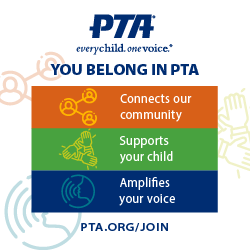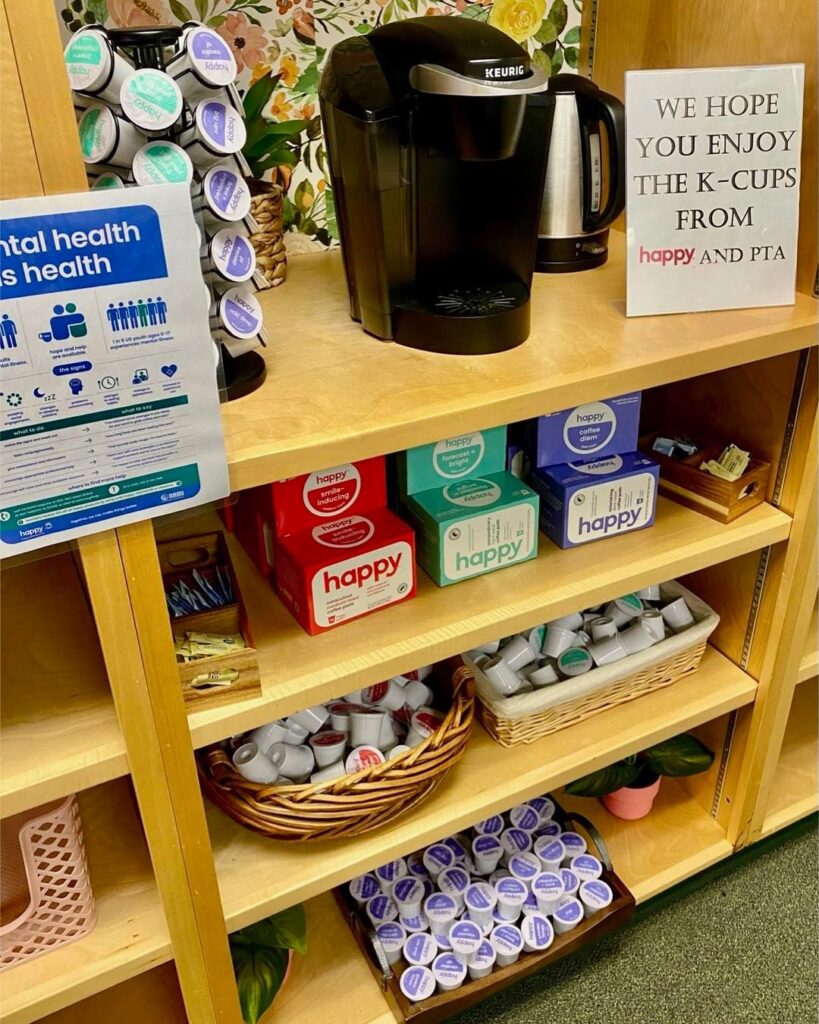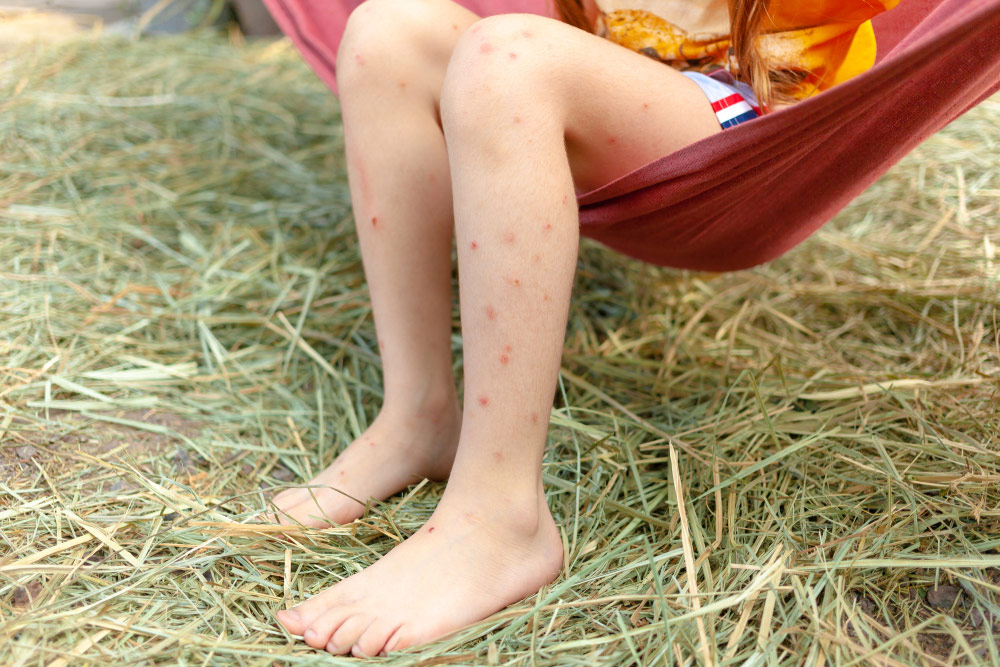1. There’s no way to know if your child will get severely ill and even die from COVID-19
Since the pandemic began, one in six children under the age of 18 in the United States have been infected with COVID-19. Among those children, over 100,000 have been hospitalized and nearly 1,500 have died due to the virus.
COVID-19 can also cause multisystem inflammatory syndrome in children, or MIS-C, a rare but serious illness that involves painful swelling in different parts of the body, including the heart, lungs and brain. Nearly 8,000 children with COVID-19 have also had MIS-C; 66 of those children have died.
Doctors say children with certain health issues—such as asthma, diabetes, obesity and sickle cell disease—have a greater chance of getting very sick from COVID-19.
But even perfectly healthy children can get very sick from COVID-19. A study published in the medical journal Pediatrics found that almost half of children hospitalized with COVID-19 had no other health issues. News outlets repeatedly run reports like this one in The Florida Times-Union of children with no known health issues dying from COVID-19.
2. Even a mild case of COVID-19 can leave your child with long-lasting health problems
Estimates vary, but as many as one in four children who get COVID-19 can have new or lingering symptoms that last for weeks or months after infection.
Common “Long COVID” symptoms in children include sleep problems, tiredness, headaches, trouble concentrating and joint and muscle pain.
Even kids in tip-top shape aren’t safe from the grip of long COVID. An article in STAT chronicled how one teenage gymnast went from training daily for hours to struggling to walk up a flight of stairs after contracting COVID-19.
3. Your child could spread COVID-19 to people who are in greater danger of severe illness
Children are just as likely as adults to get and spread COVID-19.
If your child gets COVID-19, they could be putting other people at risk, especially if they live in a multigenerational household or interact with people with certain health issues.
Older adults and people of all ages—including children with health issues—are at the greatest risk of experiencing severe illness from COVID-19.
4. It will be safer for your child to go to school and participate in sports and other group activities after vaccination
Vaccination is the best thing you can do to protect your child from the dangers of COVID-19.
Since vaccines became available, people in all age groups, including children, who are up to date with their COVID-19 vaccines have been less likely to test positive, be hospitalized, and die from COVID-19 than unvaccinated people. Vaccinated people are also less likely to get MIS-C and long COVID-19.
If your child is up to date with their COVID-19 vaccines, you can send them to school and to play with others, confident that they have the best possible protection against COVID-19.
Right now, everyone ages five and older can get vaccinated. Find COVID-19 vaccines near you at Vaccines.gov.
If you have any questions or concerns about vaccinating your child, talk to your child’s health care provider!


















